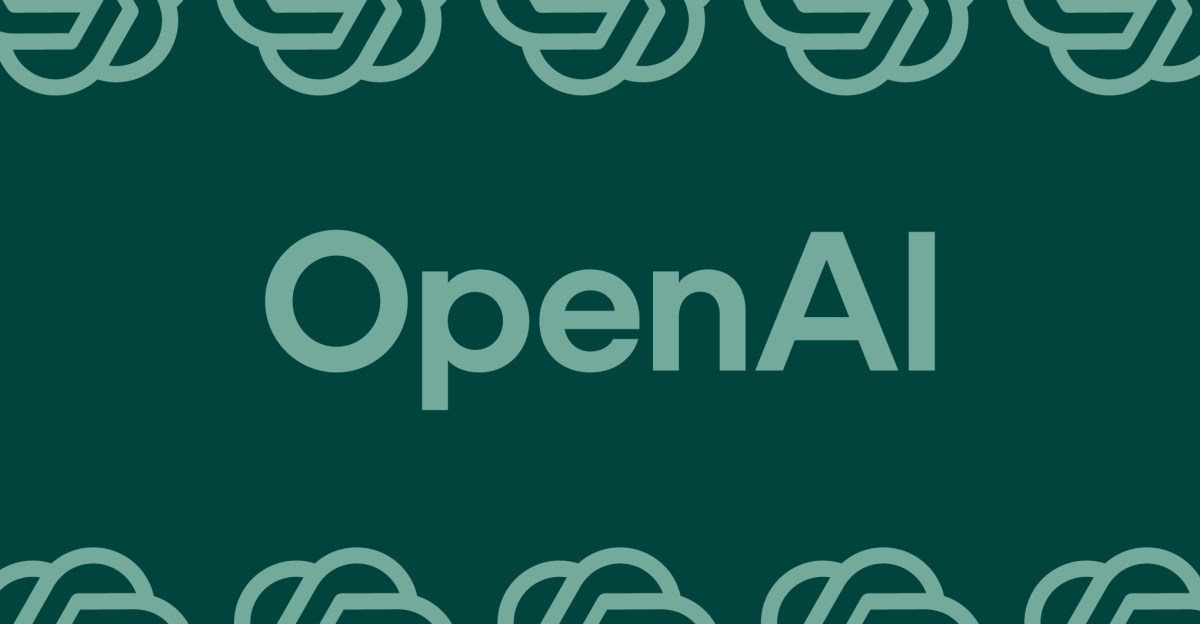The landscape of artificial intelligence is once again facing legal challenges. Ziff Davis, a major digital media company, has filed a lawsuit against OpenAI, the creator of ChatGPT, alleging copyright infringement. This lawsuit underscores the growing tensions between AI developers and content creators regarding the use of copyrighted material for training AI models. With millions of articles published each year, Ziff Davis is taking a firm stance against the unauthorized use of its content. This article will explore the details of the lawsuit, its implications for the AI industry, and the broader debate over fair use and copyright in the age of AI.
Ziff Davis Accuses OpenAI of Copyright Infringement
Ziff Davis, the owner of prominent digital outlets such as IGN, CNET, and PCMag, has officially accused OpenAI of copyright infringement. The lawsuit claims that OpenAI has been “intentionally and relentlessly” creating “exact copies” of Ziff Davis’s copyrighted works without obtaining permission. This includes articles, reviews, and other content published across its various online platforms. The company alleges that OpenAI used this content to train its AI models, specifically ChatGPT, without proper authorization or licensing agreements. This action highlights the increasing concerns among media companies about the unauthorized use of their content in the development of AI technologies.
Details of the Copyright Infringement Claims
The core of Ziff Davis’s lawsuit revolves around the allegation that OpenAI not only copied its content but also did so while actively circumventing measures designed to prevent web scraping. Ziff Davis claims it had instructed web crawlers, including those used by OpenAI, not to scrape data from its websites. Despite these instructions, OpenAI allegedly proceeded to extract content, even removing copyright information in the process. The lawsuit points to instances where complete articles from Ziff Davis’s outlets were reproduced within ChatGPT’s responses, demonstrating the extent of the alleged infringement. Ziff Davis states that it identified hundreds of full copies of its content in a small sample of OpenAI’s WebText dataset.
The Broader Impact on the AI and Media Industries
Ziff Davis’s lawsuit is significant due to its potential impact on the AI and media industries. As one of the largest digital publishers to take legal action against OpenAI, Ziff Davis is setting a precedent that could influence how AI companies approach content acquisition and licensing. The outcome of this case may determine the extent to which AI developers can use copyrighted material for training purposes without obtaining explicit permission or entering into licensing agreements. For media companies, the lawsuit represents an effort to protect their intellectual property and ensure they are fairly compensated for the use of their content in AI development. The results could lead to stricter regulations and greater emphasis on content licensing agreements.
Contrasting Approaches: Licensing vs. Litigation
While Ziff Davis has chosen to pursue litigation, other media organizations have opted for content licensing agreements with OpenAI. Vox Media, Associated Press, The Atlantic, and Axel Springer have all signed deals with OpenAI, allowing the AI company to use their content in exchange for compensation. These agreements provide a legal framework for the use of copyrighted material, ensuring that content creators are recognized and rewarded for their contributions. The contrasting approaches taken by different media companies reflect the ongoing debate within the industry about the best way to address the challenges posed by AI. Some believe that licensing agreements offer a constructive path forward, while others argue that litigation is necessary to protect their rights and prevent unauthorized use of their content.
OpenAI’s Defense and the Fair Use Debate
In response to the lawsuit, OpenAI has defended its practices by asserting that its models are trained on publicly available data and grounded in fair use principles. OpenAI argues that its AI models enhance human creativity, advance scientific discovery, and improve daily life for millions of people. The company claims that its use of copyrighted material falls under fair use, which allows for the limited use of copyrighted material for purposes such as criticism, commentary, news reporting, teaching, scholarship, and research. However, Ziff Davis counters that OpenAI’s use of its content goes beyond fair use, as it involves the wholesale copying and reproduction of entire articles for commercial purposes. The legal battle will likely hinge on how the court interprets the fair use doctrine in the context of AI training.
Ziff Davis’s Demands and the Future of AI Training Data
Ziff Davis is seeking a court order to stop OpenAI from exploiting its works and to destroy any datasets or models containing its content. These demands reflect Ziff Davis’s determination to protect its intellectual property and prevent further unauthorized use of its content. The outcome of this lawsuit could have significant implications for the future of AI training data. If Ziff Davis prevails, it could force AI companies to be more cautious about the sources they use to train their models and to obtain explicit permission from content creators. This could lead to increased costs for AI development and a greater emphasis on ethical and legal considerations. The case also raises questions about the responsibility of AI companies to respect copyright laws and the rights of content creators.
Final Thoughts
The lawsuit between Ziff Davis and OpenAI represents a crucial moment in the ongoing debate over copyright and AI. As AI technology continues to advance, it is essential to establish clear guidelines and legal frameworks for the use of copyrighted material. The outcome of this case will likely shape the future of AI development and content licensing, influencing how AI companies interact with media organizations and content creators. Whether through licensing agreements or litigation, finding a balance between promoting innovation and protecting intellectual property rights is paramount. The decisions made in this case will have lasting implications for both the AI and media industries, setting the stage for future collaborations and legal challenges.

Leave a Reply